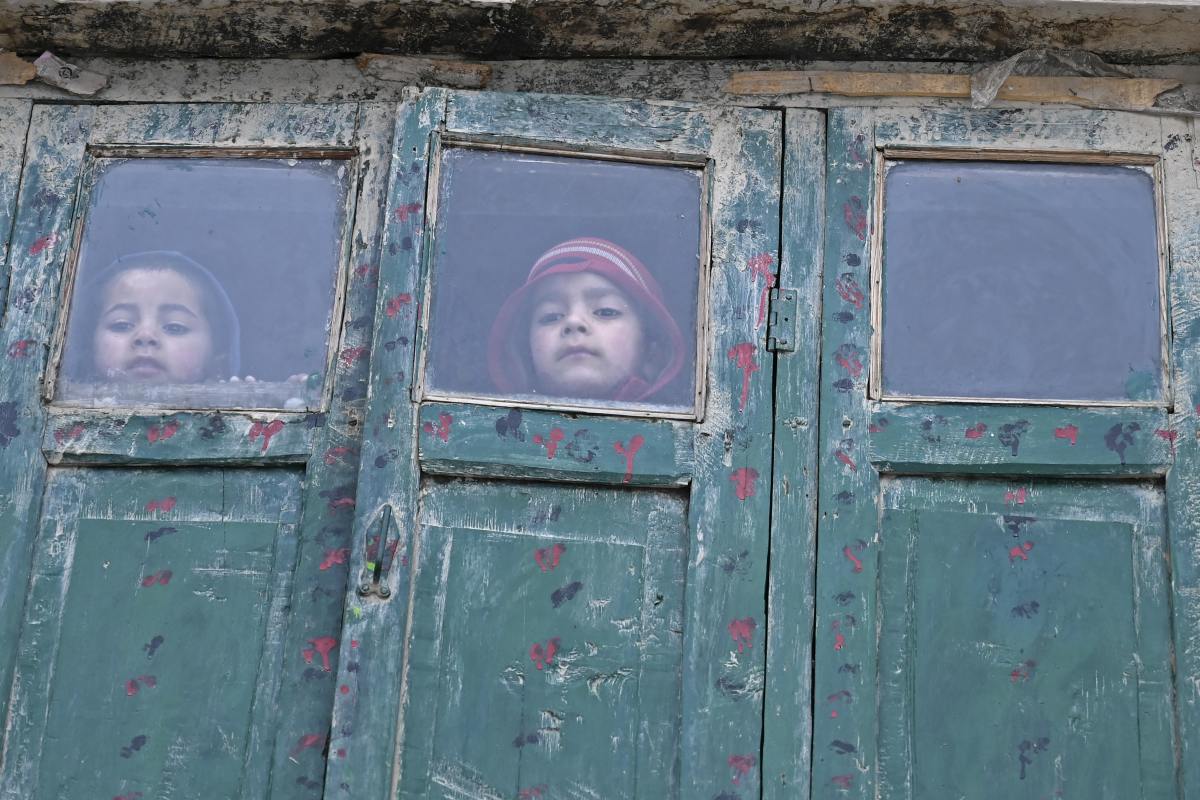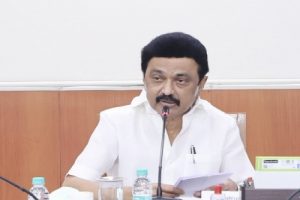While delivering the verdict on unprecedented lockdown in the union territory of Jammu and Kashmir, the apex court has said that all orders of suspension of telecom services and those related to Section 144 of CrPC must be reviewed by the concerned authority within seven days. It added that all future orders must be reviewed in a timely manner. The court also said that Section 144 of CrPC is a remedial and preventive measure and must be subject to the test of proportionality and used only if there is a likelihood of violence and danger to public safety.
“All orders suspending such services must be published so that those affected can challenge if necessary. All orders are to be also put in the public domain which can then be challenged in a court of law. Internet suspension without any particular duration and indefinitely is a violation of telecom rules,” the SC bench observed. It also directed the government to produce all orders by which Section 144 is invoked.
Advertisement
“Disagreement does not justify destabilization. The power under Section 144 of CrPC cannot be used as a curb on the legitimate expression of democratic rights. No doubt that the freedom of press is a right is a part of right under 19(1)(a) and is required in every modern democracy,” the bench said. The Supreme Court bench also said: “The complete curb of the internet must be considered by the state only as an extraordinary measure. Any order that has been passed to restrict/suspend internet services shall be subject to judicial scrutiny.”
We consider the restriction on fundamental rights cannot be in the exercise of arbitrary powers, Justice Ramana said. The test of proportionality needs to be satisfied. This freedom can only be restricted after relevant factors are considered and only if there is no other option, he added.
The importance of the internet cannot be underestimated and the internet as a tool should be distinguished from the Freedom of Expression through the internet, the apex court said. Internet is a major means of information, therefore the Freedom of Expression through the internet is part of Article 19(1)(a) and restrictions on it should be in accordance with restrictions to this right, the court observed.
“Kashmir has seen a lot of violence. We will try our best to balance the human rights and freedoms with the issue of security,” says Supreme Court.
Justice Ramana began reading out a passage from the classic ‘Tale of two cities’ before pronouncing the judgment. She also said that the court will not delve into the political intent behind the orders. The bench also observed that liberty and security are always at loggerheads and that it is the court’s job to ensure that the citizens are provided their rights.
Supreme Court, while hearing petitions on curbs in Jammu and Kashmir including internet ban, says internet is a tool of freedom of speech. “Freedom of speech and expression includes right to internet within Article 19,” says Justice NV Ramana.
the Centre had justified the restrictions citing national security and said that these were temporary measures in view of the prevailing situation in the region which was facing the brunt of cross-border terror. The Centre had argued that not a single person was killed after the August 5 decision due to the steps taken by the government. The government claimed that for many years, terrorists had been entering from across the border and civilians were being held captive by local militants and separatist organisations.
India has become the first democratic country to snap internet services for more than 160 days in a state. The step has attracted criticism from the international community as it is seen as a violation of human rights. In 2011, the United Nations had declared that disconnecting people from the internet is a human rights violation and against international law. However, the government maintains its stand that it is a preventative measure.











